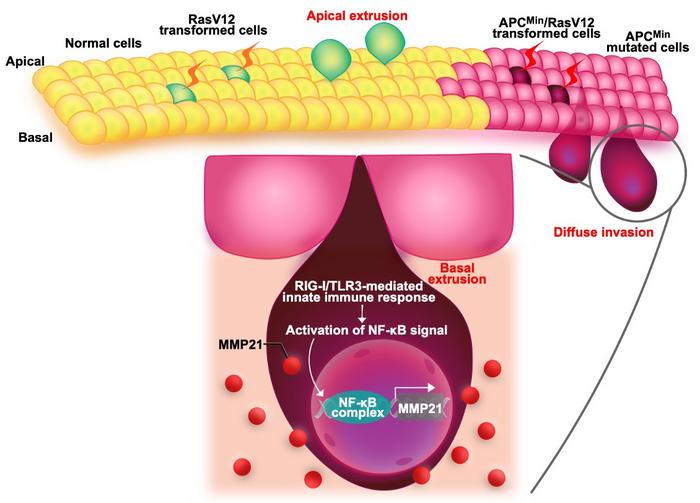-
Beijing again tops Nature Index global science city rankings
BEIJING, Nov. 22 (Xinhua) — Beijing has once again become the top science city in the world, according to the Nature Index global science city 2023 rankings, released on Wednesday. It is the seventh time in a row that Beijing has ranked first in the global science city rankings, as measured by the Nature Index,…
-
Cropped 22 November 2023: COP28 curtain-raiser; Food security fear; Dust, bugs and ice
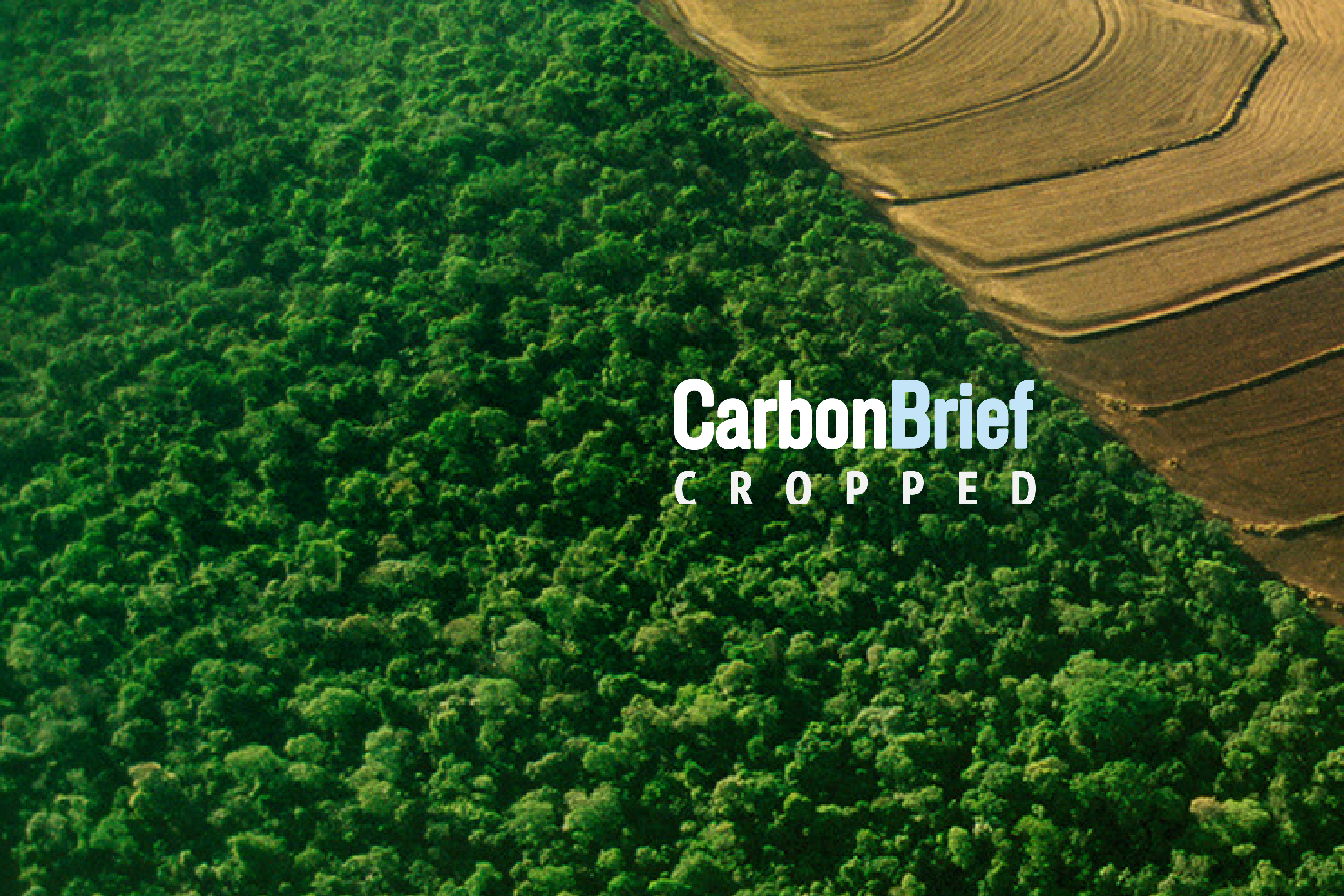
Welcome to Carbon Brief’s Cropped. We handpick and explain the most important stories at the intersection of climate, land, food and nature over the past fortnight. This is an online version of Carbon Brief’s fortnightly Cropped email newsletter. Subscribe for free here. Climate and conflict imperilling food security HUNGER CRISIS: More than four million people in Somalia…
-
Survival of the fittest? New study shows how cancer cells use cell competition to evade the body’s defenses
image: Epithelial cell competition function is altered during formation of cancerous tumors with stepwise, sequential mutations. view more Credit: Shunsuke Kon of Tokyo University of Science (TUS), Japan Living cells compete with each other and try to adapt to the local environment. Cells that are unable to do so are eliminated eventually. This cellular competition…
-
Press Release: European Parliament rejects Pesticide Reduction Law
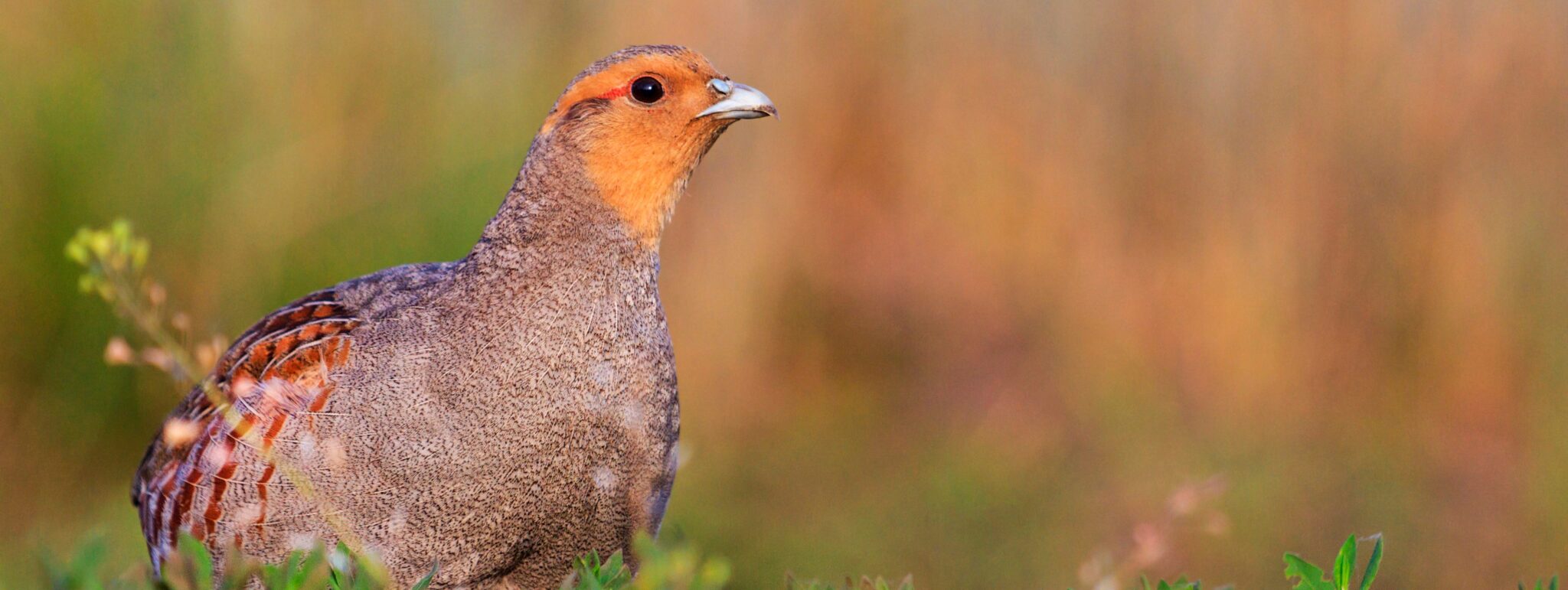
Today, Members of the European Parliament rejected the Sustainable Use of Pesticide Regulation (SUR). Despairingly, MEPs fell for the misleading and deceptive information spewed out through a massive lobbying campaign from pesticide corporations. This piece of legislation, which is an essential part of the European Green Deal and the “Farm to Fork” strategy, was supposed…
-
One Reason Migrating Birds Get Lost Is Out of This World
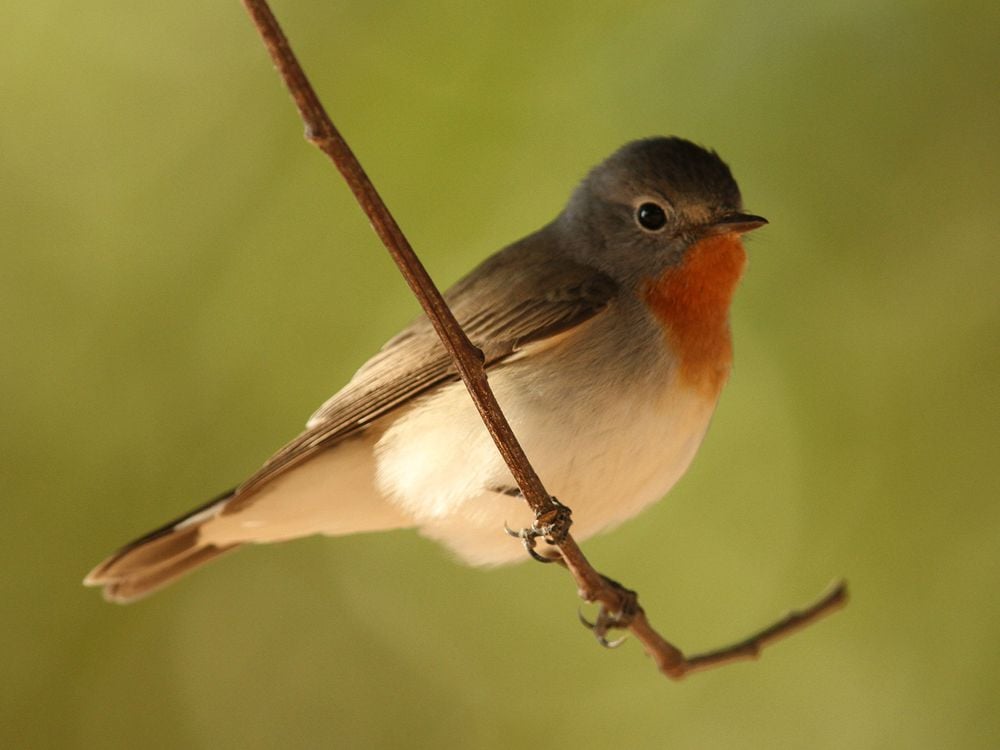
In 1958, dozens of red-breasted flycatchers, like the one pictured here, flew off course and visited the United Kingdom. Davidvraju via Wikimedia Commons under CC By-SA 4.0 During the first week of September 1958, keen observers spotted hundreds of rare birds in the British Isles. According to a report at the time, they saw melodious…
-
Who Was The World’s First Scientist?
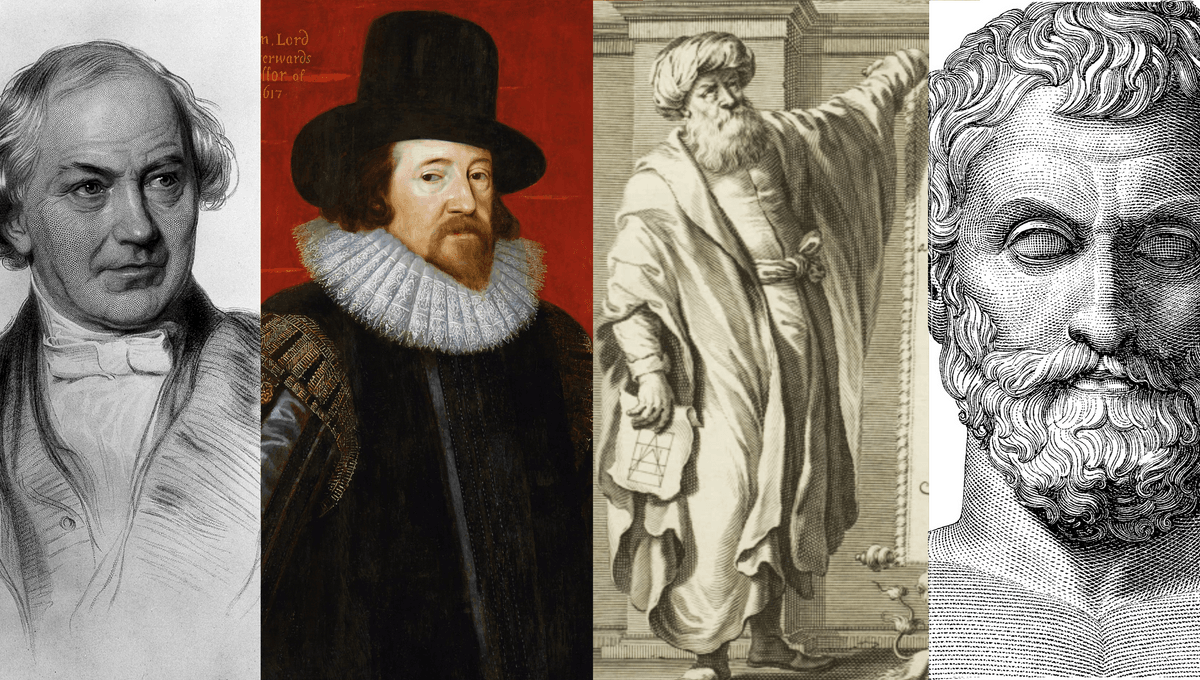
Humans are inquisitive by nature. It’s why we went to the Moon; it’s the reason we stuck that fish in the giant magnet that one time – heck, it’s responsible for like 90 percent of Florida Man. And, Florida Man aside, we tend to call that inquisitiveness “science”, and the people who follow it are…
-
Aftershocks Can Occur Centuries After Original Earthquake, Says Study
Large earthquakes are always followed by aftershocks — a series of smaller but still potentially damaging quakes produced as the ground readjusts. But how long does it take for the aftershocks to die out? A new study suggests some areas can experience aftershocks decades or even centuries after the original earthquake. From a report: In…
-
This ecologist is looking at the Amazon’s past to save its future
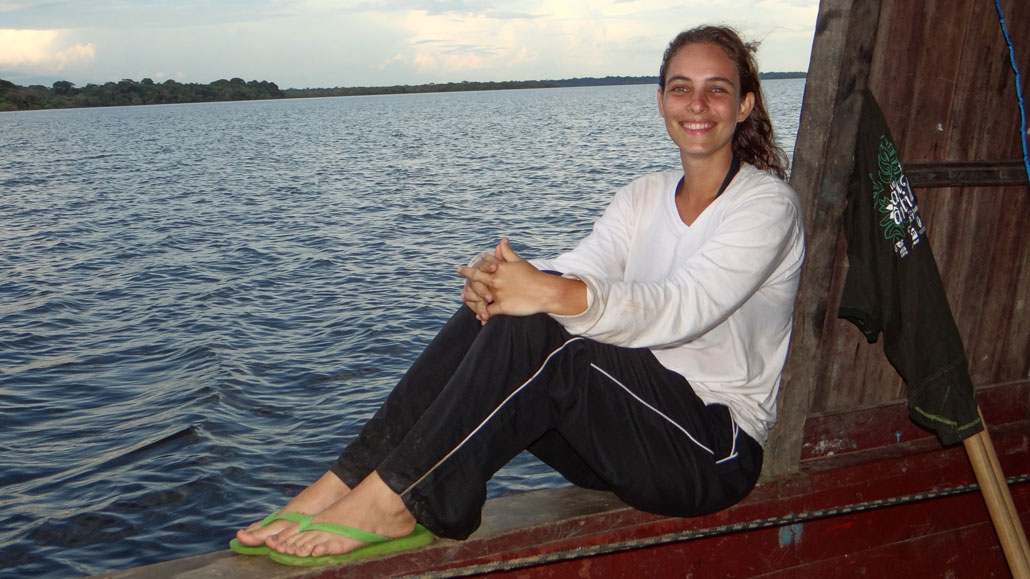
ancestor: A predecessor. It could be a family forebear, such as a parent, grandparent or great-great-great grandparent. Or it could be a species, genus, family or other order of organisms from which some later one evolved. For instance, ancient dinosaurs are the ancestors of today’s birds. (antonym: descendant) cacao: The name of a tropical tree…
-
Science Behind Our Snowstorms
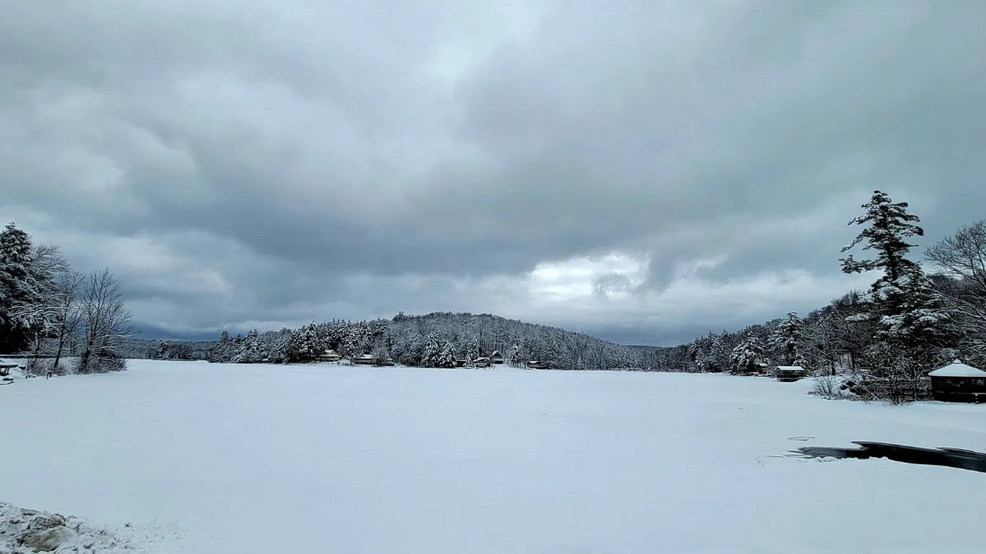
Well winter is making its annual return soon which means so is the snow. Now across the Northeast, and esp. in Upstate New York, there are a variety of mechanisms to produce steady snow. In this latest edition of Science with Sam, we will dive into the different types. Alberta Clipper: Seen above, the Alberta…
-
The Principles for Responsible Banking introduce industry-first guidance on nature target setting
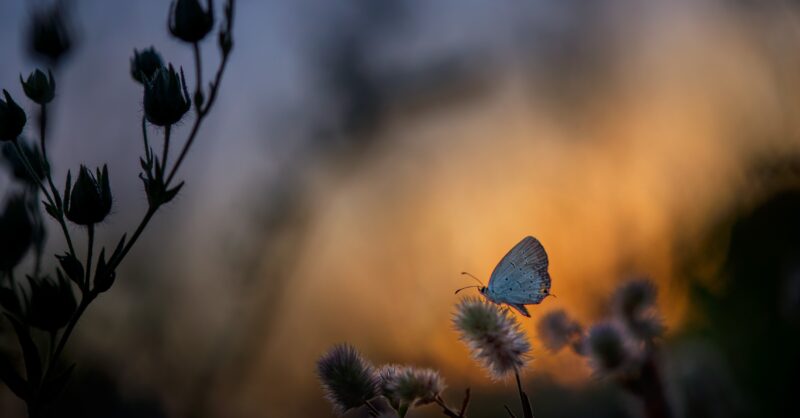
Today marks the release of the new Principles for Responsible Banking (PRB) Nature Target Setting Guidance, aimed at helping the banking industry align with the Kunming-Montreal Global Biodiversity Framework (GBF) and address nature and biodiversity loss. Developed with 34 PRB signatories and key external stakeholders, the industry-first guidance aims to integrate nature considerations into the…
